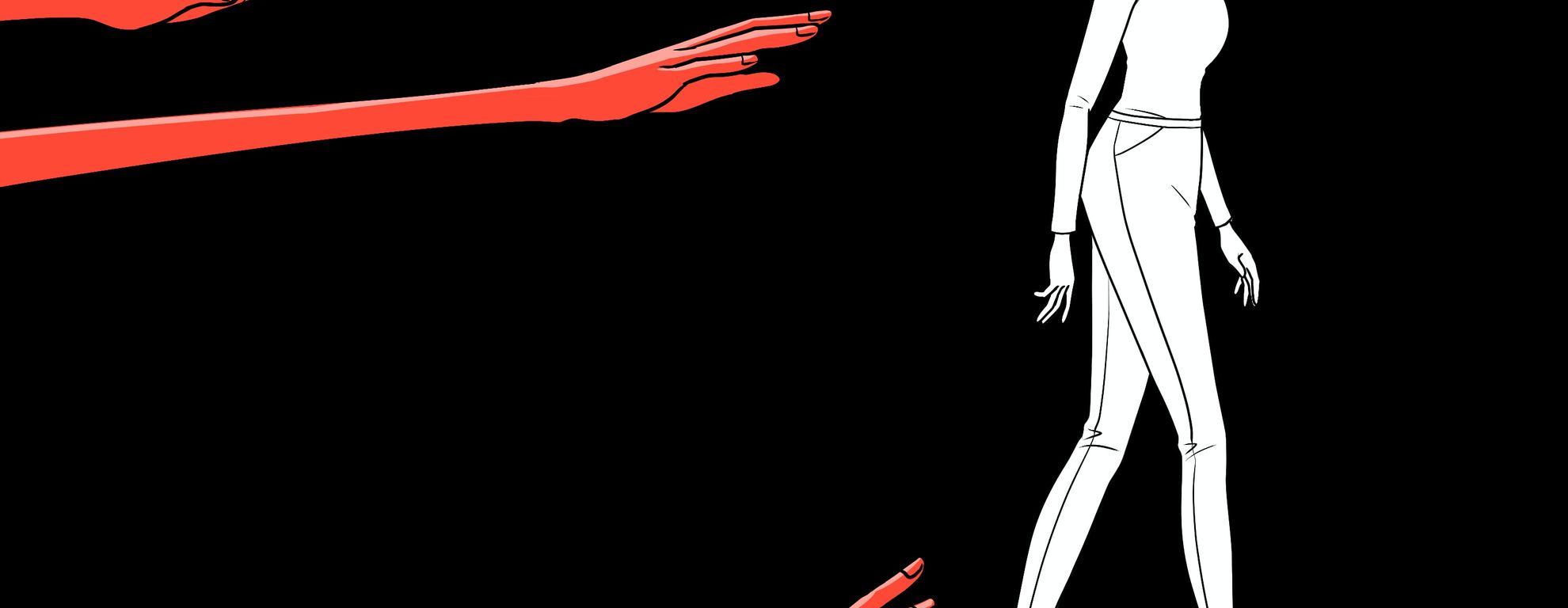(• Reading Time: 4 minutes •)
You must be extremely good in Math.
There are so many areas of programming you can jump into without ever remembering how bad you are in:
Simplify 2x=y+z
Find dy/dx
Algebra, Calculus, Abstract Math, etc. They're useful in certain areas of programming but not all.
Don't let the fear of Math hold you back.
Need a Computer Science degree.
You don't.
There are countless stories of amazing devs without CS degrees.
See:
Follow them if you're on Twitter. Absorb these stories of people who've done it because it's proof that you can do it too if you commit to it.
Fun fact: Many CS degree grads perform worse at work!
Does the degree help? Yes.
Do you need one? No.
Too old to code.
Every other week, I read stories about people who moved into coding at 40 or 50.
One example? Luc Constantin
“At 42 started web dev; At 43 landed a jr full-time job.“
I see people in their 20's asking if it's too late.
The real question: do you have enough motivation & commitment to learn? Be real.
Dress horribly.
You can write fine code; and be fine.
They're not mutually exclusive.
Just because others around wear hoodies all the time doesn't mean you should be pressured to follow.
If dressing up makes you feel good, do it – tastefully.
Then continue your work.
You have to know everything.
You won't.
You can't.
People who are a decade into this field still Google basic things. In fact, Googling is an art.
“Never memorize something that you can look up.” ~ Albert Einstein
The more you accept this, the better you'll focus on what matters.
Only use the best language.
The best programming language is the one that gets the job done efficiently.
Efficiency = on time + no needless complexity.
Have your go to language but open yourself to others.
Obviously, we still have to fight about how JavaScript is the king of the web!
Pay a lot to learn.
If you’re an absolute beginner to programming, you shouldn’t pay for anything when starting out.
After you’ve learned some of the basics on your own, you can look for a paid course or bootcamp to give you more structure or mentorship.
Test for yourself!
Be lonely.
Okay, there's some truth to this – programming can get really lonely.
The field attracts introverts so in a way there's confirmation bias going on.
But if you're a social butterfly, you don't have to clip your wings because your team doesn't like hanging out.
Do you!
Asking questions is for novice.
If you are a junior developer, the fastest way to grow is to find mentors.
- It can be at work
- On your team
- In meetups
Ask questions.
Ask a lot.
You won't grow fast if you don't.
You need senior devs to share their mental models with you.
Stay siloed.
Honestly, you won't get seen unless you reach out.
There are many brilliant engineers building and deploying things on Github. If you don't want attention, this is fine.
If you do, you need to network.
Standout Developer by Randall Kanna covers this well. No, this is not an affiliate link – I just finished the book and it's pretty good.
It's not really for new programmers but if you're a junior developer I can't recommend it enough.
Finally, it's your journey.
“You limit yourself by reducing the number of viewpoints you see.” ~ Meir Ezra.
Don't let myths define you.
Choose yourself!
Thanks for reading.
- FREE Cheatsheet: I help new programmers and junior devs focus on what matters instead of endless trial and error. If you're interested in boosting your confidence and skills, checkout our free cheatsheet.
- Follow on Twitter: Have a question, I'm most active on Twitter – feel free to reach out to me. My DM is open.
Heads Up - I love research so I tend to back my advice and approach with concepts from Behavioral Psychology and Neuroscience.
